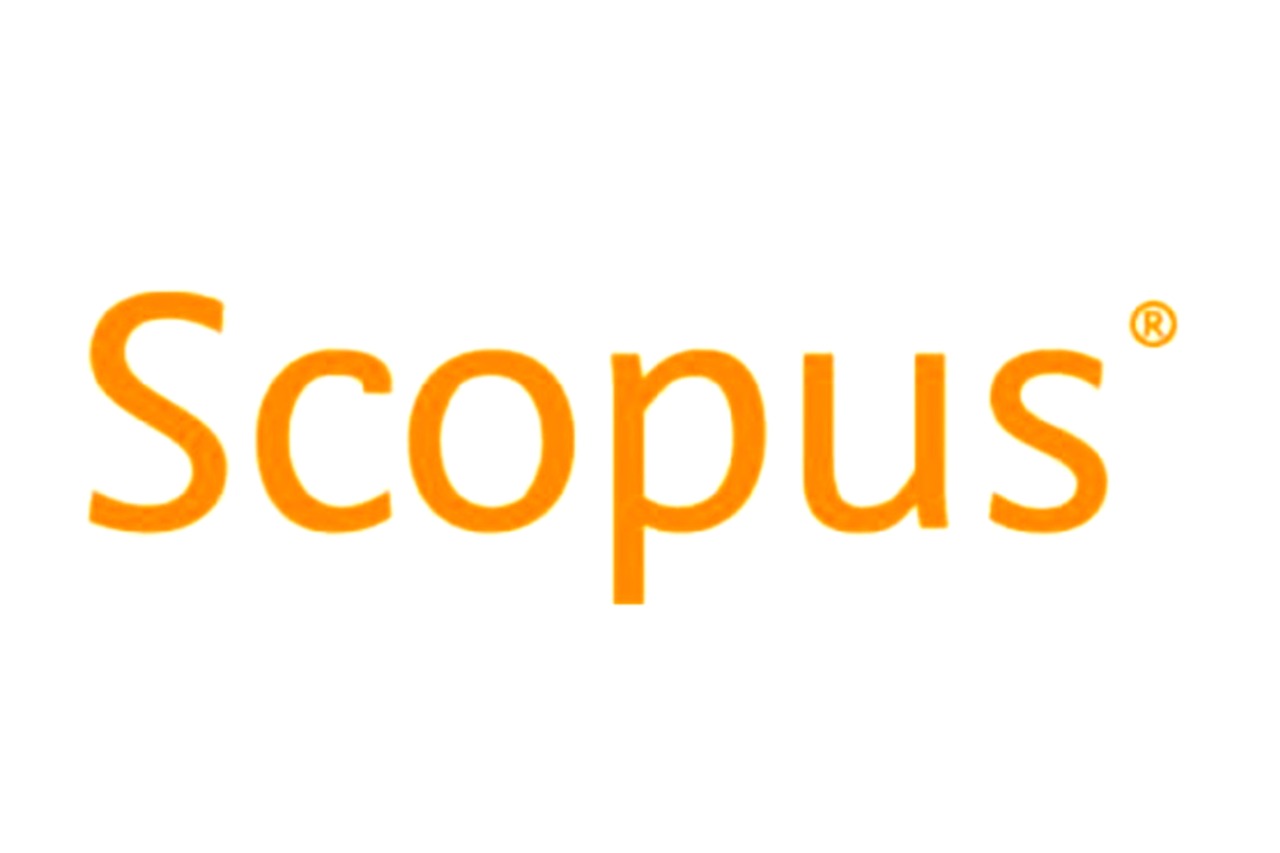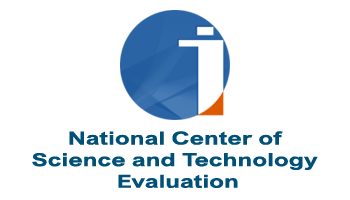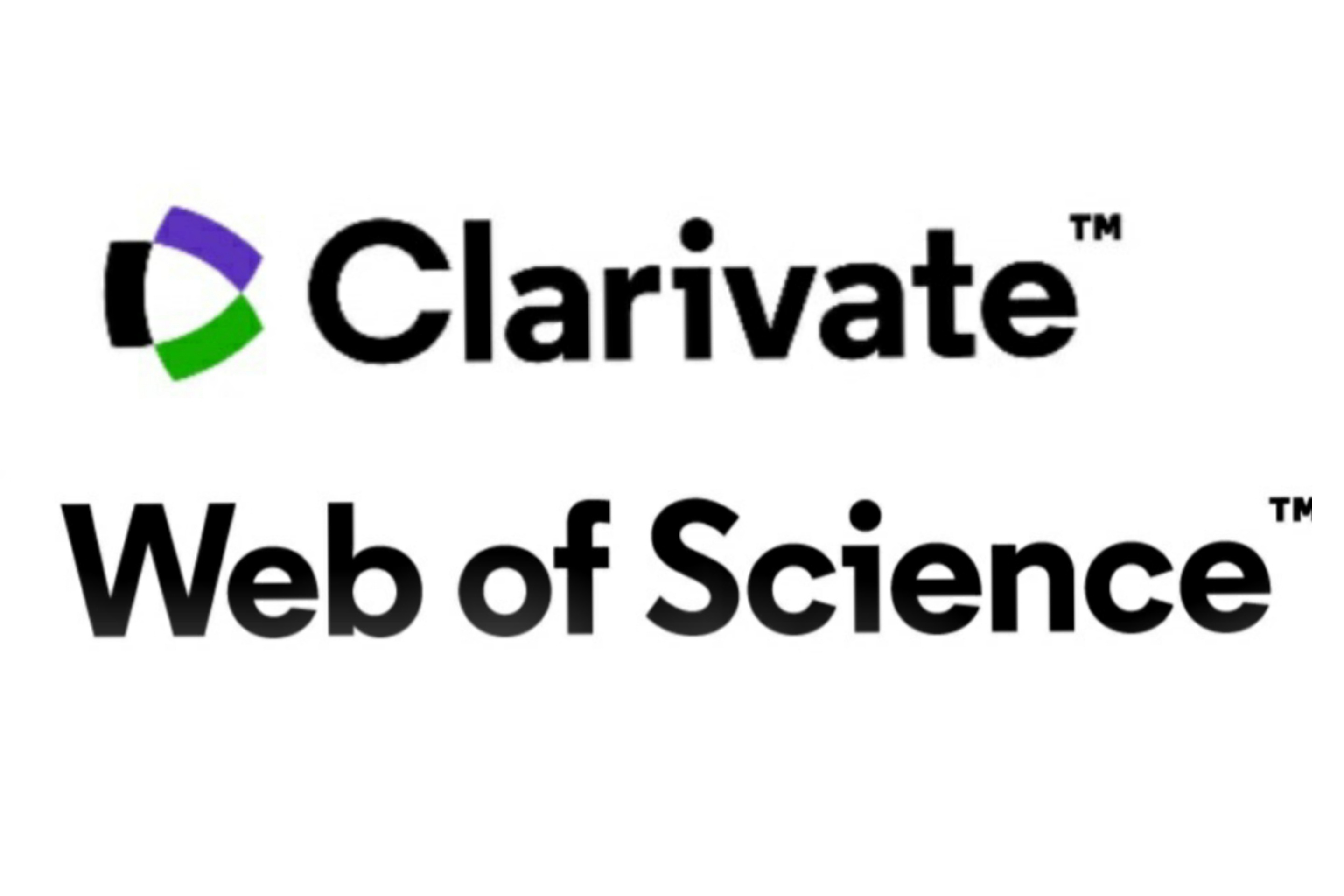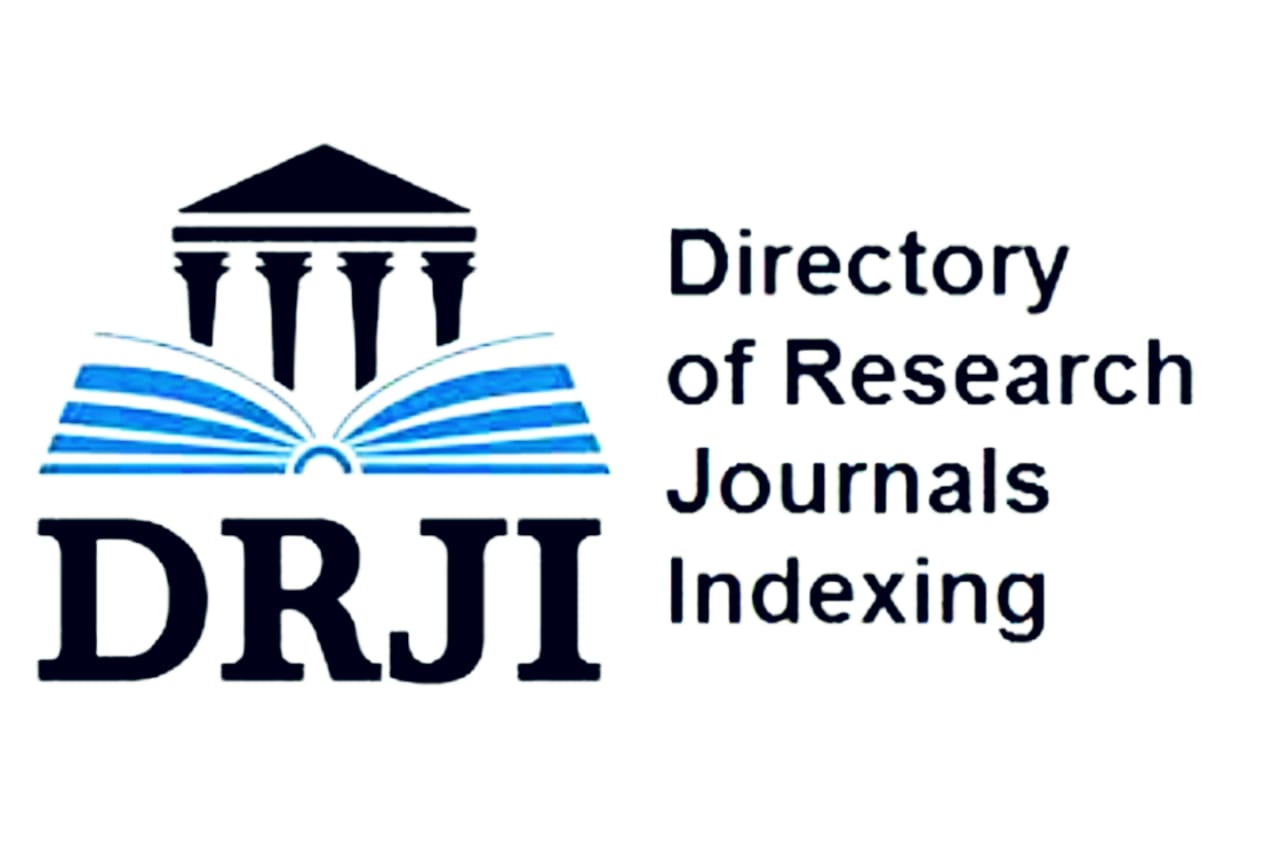Therapeutic effectiveness of Limonium gmelinii extract in experimentally – induced ischemic brain damage in vivo
DOI:
https://doi.org/10.26577/ijbch.2020.v13.i2.01Abstract
One of the important directions in the treatment of ischemic stroke (IS) consequences is revascularization of the damaged brain areas including decreasing acute hypoxia and oxidative stress that occur in the ischemic tissue due to reperfusion syndrome after restoration of blood flow. Plant polyphenols are promising candidates capable of exerting a pronounced antioxidant and neuroprotective effects. There are a number of wild plants growing on the territory of Kazakhstan, and one of these plants containing significant number of polyphenols is Limonium gmelinii (L. gmelinii, genus Limonium Mill). In our study we have applied middle cerebral artery occlusion (MCAO) method to induce focal ischemic cerebral stroke in male Wistar rats. The results of assessment of sensorimotor functions in laboratory animals showed that MCAO resulted in sensorimotor deficiency. At the same time, partial recoveries of sensorimotor functions were observed in animals that were treated with extract of L. gmelinii after stroke compared to untreated animals. Similarly, histological analysis of the damaged brain regions has revealed focal coagulation necrosis with clearly visualized damaged regions in animals with MCAO, whereas brain tissue of animals exposed to L. gmelinii extract after stroke induction was partially restored. Our results demonstrate that extract of L. gmelinii possesses neuroprotective properties that require further investigations.
Downloads
How to Cite
Issue
Section
License
ааа

















